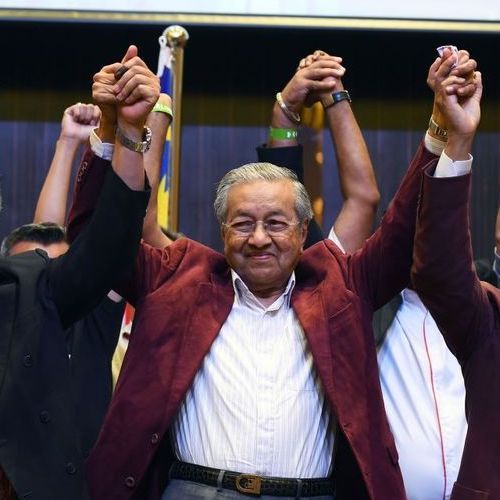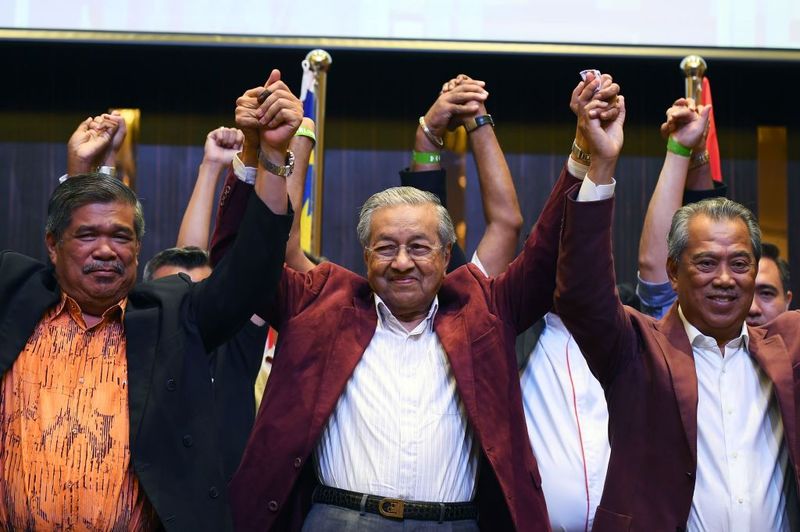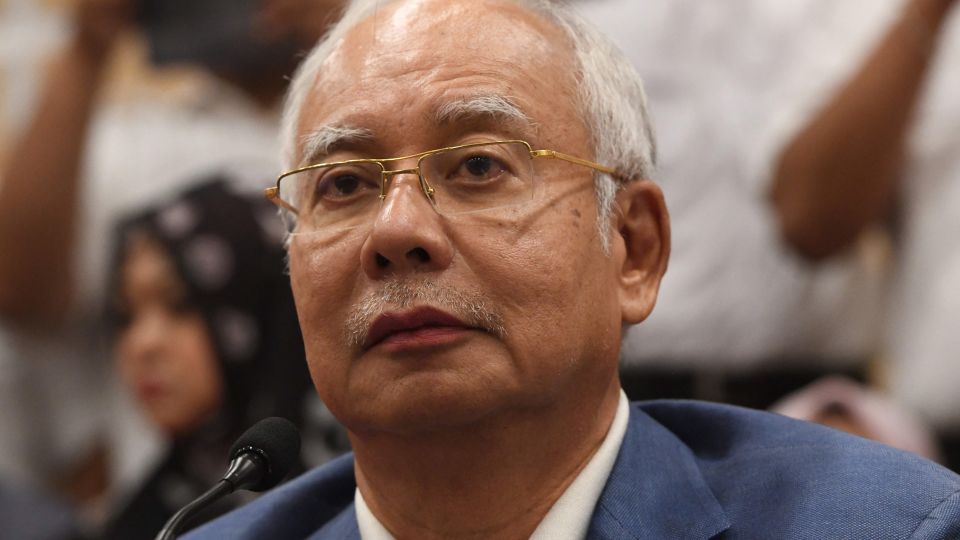Millions of Malaysians woke up on Thursday to a new reality.
With the unexpected victory of Pakatan Harapan (Alliance of Hope), Malaysians have overcome their fear of change and voted out the Barisan Nasional (National Front), after more than 60 years in power. The people have seized an opportunity to reshape their country after years of underachieving and feelings of shame.
Malaysia may have elected the world’s oldest Prime Minister in Mahathir Mohamad, aged 92, but it has also elected its youngest ever MP at 22 years old, and chosen its first ever female Deputy Prime Minister.
For the first time since Independence, power will be transferred between political parties. Only Singapore has remained under single party control for longer: its People’s Action party has governed since 1959, before the country was Independent.
This recent election should restore faith in democracy, at least a little, at a time when it is now common to talk about “democracy in retreat”. The truth is that many Malaysian reformers worked tirelessly and peacefully for years with little reward until now. It is also important to note that power is changing hands without incident, a testament to the endurance of state institutions despite allegations of corruption and legal manoeuvres aimed at keeping the ruling party in power.
Malaysia is perhaps the most culturally diverse country in its region, with a mix of Malays, Chinese, Indians and other ethnicities. Four of the world’s major religions have a vibrant presence: Islam, Christianity, Buddhism and Hinduism. There is also a thriving Sikh community.
It is also wealthy, behind only Singapore in Southeast Asia. It is well-educated, with a sizeable middle-class workforce proficient in English. The country really should be much more of a player on the world stage, but it has not capitalised on its competitive advantages. In addition, pride in the country has been hammered hard in recent years and many professionals have left.
Much of the credit for this change goes to Mahathir, perhaps Malaysia’s most well-respected and revered politician. In Malaysia, the deck is heavily stacked against the Opposition. Opposition parties are denied coverage in the press and television. Leaders are often harassed, if not arrested, by the government. Mahathir’s decision to come out of retirement to stand as the head of the Opposition gave Pakatan Harapan the strength to go toe-to-toe with the government. He was not someone who could be threatened or thrown into jail.
Mahathir is not perfect, of course: he also harassed the Opposition during his previous tenure as Prime Minister. But he has apologised for his past mistakes and has promised to give up his prime ministerial position to his former nemesis and current ally Anwar Ibrahim within two years.
But this result is also about outgoing Prime Minister Najib Razak, who pushed his luck and ultimately went too far.



























